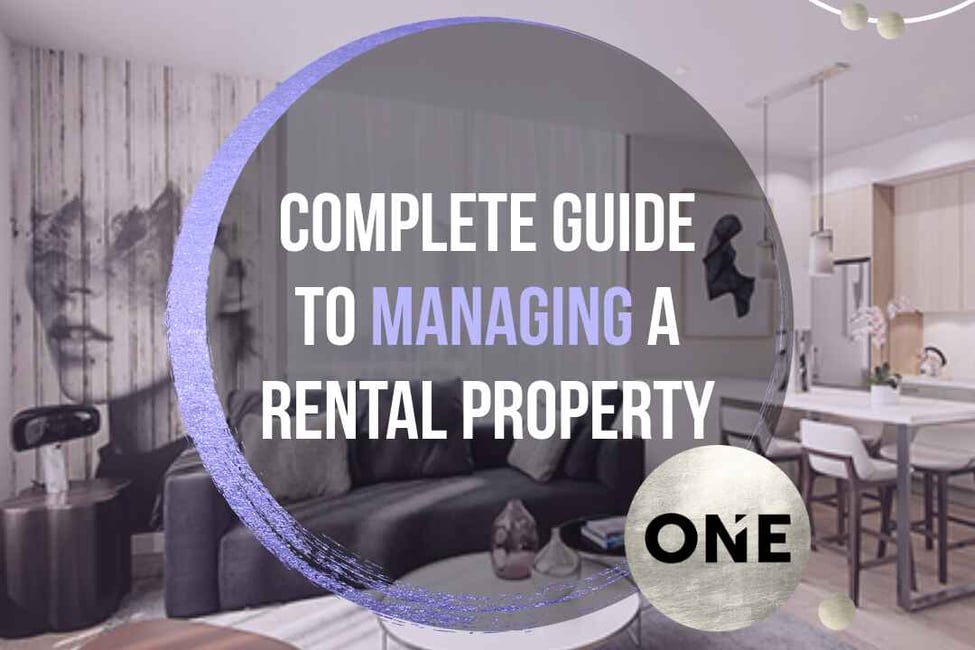Maintaining positive tenant relations is crucial for successful property management. Effective communication, prompt responses, and fair policies can make a significant difference. Here are some tips for handling tenant concerns and issues effectively:
1. Open Communication Channels
Availability: Ensure tenants know how and when they can reach you. Provide multiple contact methods, such as phone, email, and an online portal.
Regular Updates: Keep tenants informed about important updates, maintenance schedules, and changes in policies through newsletters or community meetings.
2. Prompt Response to Issues
Timeliness: Respond to tenant concerns and maintenance requests promptly. Acknowledge receipt of their request even if you can’t resolve the issue immediately.
Emergency Protocols: Establish clear procedures for handling emergency situations and ensure tenants are aware of them.
3. Effective Problem Solving
Listen Actively: Give tenants the opportunity to express their concerns fully without interruption. Show empathy and understanding.
Assess and Act: Investigate the issue thoroughly before taking action. Ensure you understand the root cause and address it effectively.
4. Professionalism
Respect and Courtesy: Always treat tenants with respect and courtesy, regardless of the situation. Maintain professionalism in all communications.
Consistency: Apply policies and rules consistently to avoid perceptions of favoritism or unfair treatment.
5. Maintenance and Upkeep
Regular Inspections: Conduct regular property inspections to identify and address maintenance issues proactively.
Quality Repairs: Ensure all repairs are carried out promptly and to a high standard. Use qualified professionals for maintenance work.
6. Clear and Fair Policies
Lease Agreements: Make sure lease agreements are clear, comprehensive, and legally compliant. Ensure tenants understand their rights and responsibilities.
Policy Enforcement: Enforce policies consistently and fairly. Address violations promptly and according to the lease terms.
7. Tenant Education
Welcome Packets: Provide new tenants with welcome packets that include important information about the property, contact details, and community rules.
Resource Guides: Offer guides on local services, utilities, and amenities to help tenants settle in comfortably.
8. Conflict Resolution
Mediation: When conflicts arise between tenants, act as a mediator to facilitate a fair and amicable resolution.
Documentation: Keep detailed records of complaints, communications, and actions taken to resolve issues. This can protect you in case of disputes.
9. Tenant Engagement
Community Building: Foster a sense of community through events, newsletters, and social media groups.
Feedback Mechanisms: Regularly solicit feedback from tenants to identify areas for improvement and show that you value their input.
10. Exiting Tenants
Move-Out Procedures: Make the move-out process smooth and respectful. Provide clear instructions for returning keys and final inspections.
Security Deposits: Return security deposits promptly and fairly, with detailed explanations for any deductions.
Example Scenarios and Solutions
Maintenance Requests
Scenario: A tenant reports a leaky faucet.
Solution: Acknowledge the request immediately. Schedule a maintenance visit within 24-48 hours. Follow up with the tenant after the repair to ensure satisfaction.
Noise Complaints
Scenario: A tenant complains about noise from a neighboring unit.
Solution: Investigate the complaint by speaking with both parties. Remind tenants of noise policies and mediate a discussion if necessary to resolve the issue.
Rent Payment Issues
Scenario: A tenant is late with rent due to unexpected financial hardship.
Solution: Discuss the situation with the tenant to understand their circumstances. Offer a payment plan or temporary deferment if feasible. Remind them of the lease terms and the importance of timely payments.
Behavioral Issues
Scenario: A tenant reports another tenant’s disruptive behavior.
Solution: Address the report promptly by speaking with the involved parties. Issue warnings or take further action as per the lease agreement to prevent future incidents.
By implementing these strategies, you can build positive relationships with your tenants, address their concerns effectively, and create a harmonious living environment.

